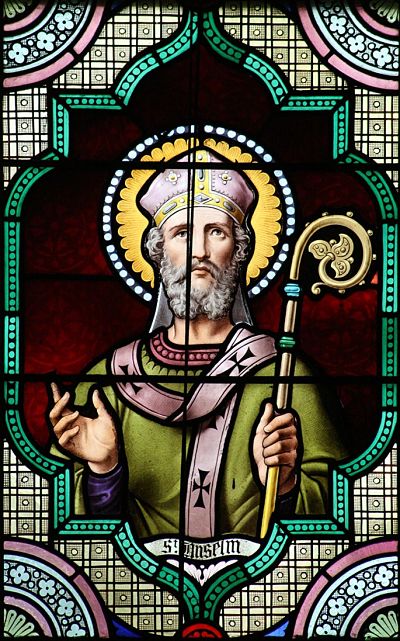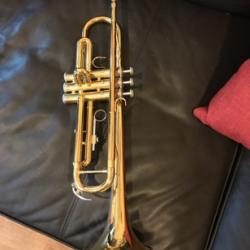Prayer as Necessary to the Dialectic
Today just for once I would like to pray well, meditate deeply, and discourse sincerely. These are all hard to do and doing all at once seems even harder, but this (perhaps!) has been my problem. Prayer is not meditation is not discourse, but the man who can pray well will meditate deeply and be able to discourse sincerely. Prayer is not meditation or discourse, just as breathing isn’t running or speaking, but it is necessary (at least for me!) to do both.
Do I treat prayer as at best a perfunctory task to do before getting to the real work? If so, then I think myself more sophisticated than Anselm. That seems dubious! He begins his discourse where he will discover the ontological argument for God’s existence this way:
UP now, slight man! flee, for a little while, thy occupations; hide thyself, for a time, from thy disturbing thoughts. Cast aside, now, thy burdensome cares, and put away thy toilsome business. Yield room for some little time to God; and rest for a little time in him. Enter the inner chamber of thy mind; shut out all thoughts save that of God, and such as can aid thee in seeking him; close thy door and seek him. Speak now, my whole heart! speak now to God, saying, I seek thy face; thy face, Lord, will I seek (Psalms xxvii. 8). And come thou now, O Lord my God, teach my heart where and how it may seek thee, where and how it may find thee.*
Don’t ruin the meal by being a picky eater!
 To my shame, as a philosopher of religion, this part always seemed like an introduction before getting to the real stuff, the argument, yet Anselm, a greater thinker than I shall ever be, did not think so. His text is as it is and who am I to change it?
To my shame, as a philosopher of religion, this part always seemed like an introduction before getting to the real stuff, the argument, yet Anselm, a greater thinker than I shall ever be, did not think so. His text is as it is and who am I to change it?
If I am not careful, I will view the prayer as the husk and the argument as the nut and hasten to what is good, ignoring the wrapper. The better image is the carefully prepared dish that must be eaten together or the balance of all the flavors, textures, and smells is lost.
When I pick apart the whole, I destroy the beautiful dish.
Anselm begins by knowing himself: he is small and his business can hide the things he loves best. He retreats from his own worries and shuts out everything but God. He cries out to God from love and out of love asks for knowledge.
How often do we take the time to think with God? We must be still and let God speak to us and not merely talk about God, but hear God. He is there. He is not silent. I can pick up the written Word of God and hear His Voice so clearly! All that is necessary is there, but God loves us so that if I m still before Him, then He is eager to come and teach.
The love of Wisdom is the love of God. This “preface” to the dialog lives on since the one thing Anselm is still doing is praying.
—————————-
This is taken from a devotional prepared for the College at The Saint Constantine School prior to a discussion on The Proslogion.
*Saint Anselm (2009-06-09). Proslogium; Monologium; An Appendix in Behalf of the Fool by Gaunilon; and Cur Deus Homo – Enhanced Version (Kindle Locations 526-531). Christian Classics Ethereal Library. Kindle Edition.
















